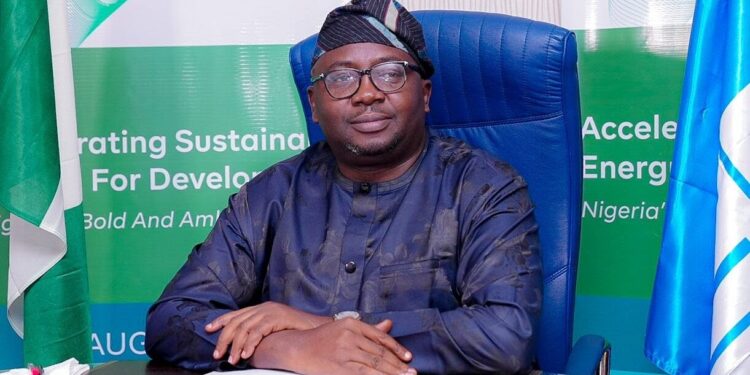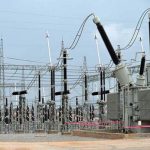The Nigerian federal government has announced plans to engage public-private partnerships (PPPs) to raise part of the $10 billion required to establish a 24-hour electricity supply nationwide over the next five to ten years. Minister of Power, Adebayo Adelabu, disclosed this strategy during a meeting with Dr. Jobson Ewalefoh, Director General of the Infrastructure Concession Regulatory Commission (ICRC), in Abuja.
Adelabu acknowledged that the government alone cannot fund the $10 billion needed, especially with demands from other sectors. He emphasized the importance of government ownership combined with private capital, suggesting concessions as the best approach to maintaining this balance.
“Achieving 24-hour power supply within 10 years requires around $10 billion, which the government alone cannot provide,” Adelabu stated. “This is why we must partner with the private sector through PPPs while retaining government interest.”
The meeting focused on the substantial financial and technical requirements of Nigeria’s power sector and the role of PPPs in addressing these challenges. Both Adelabu and Ewalefoh stressed the value of private sector expertise and funding to improve the nation’s power infrastructure and achieve consistent electricity.
Ewalefoh highlighted that PPPs would provide not only the necessary funding but also the technical expertise to optimize existing infrastructure and develop new power assets. “Revamping the power sector requires planning, investment, and time,” he explained. “The government cannot fund it alone, so we must rely on the private sector’s financing capacity, which is why the ICRC was set up to regulate this leverage.”
ICRC has implemented a six-point policy to accelerate PPP investments and simplify procedures for faster project delivery. This framework is designed to attract foreign direct investment, stimulate economic growth, and ensure rigorous oversight to prevent delays and ensure only qualified firms participate.
Ewalefoh also noted that PPP agreements include conditions that, if unmet, can lead to automatic cancellation, underscoring the ICRC’s commitment to accountability and efficiency in these partnerships.










